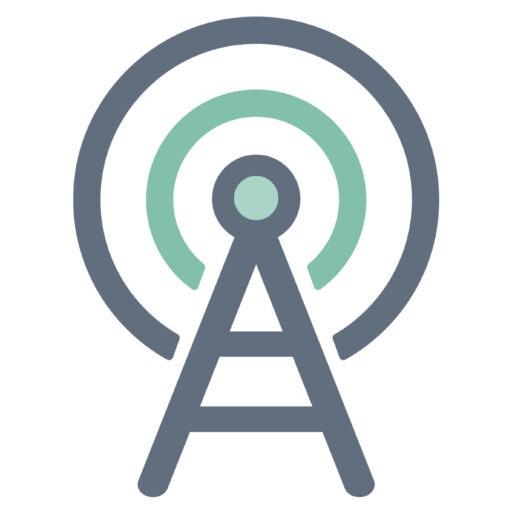Scrivener is an integrated writing environment designed specifically for authors and writers. It provides a powerful and flexible toolchain for drafting and organizing lengthy written works such as novels, screenplays, research papers, and more. One of its standout features is the ability to break content into manageable sections, allowing for easy navigation and rearrangement. Scrivener also supports a variety of editing modes, rich text formatting, and an extensive project management interface that helps writers plan their projects systematically. Furthermore, a corkboard feature aids in visual organization, letting writers see their ideas laid out in a customizable format. For those interested in exploring or acquiring Scrivener, you can visit its official site at Literature and Latte.
1. Ulysses
Ulysses is a popular writing app favored by authors and content creators looking for a sleek and minimalist environment. This tool emphasizes a distraction-free experience while incorporating features that enhance productivity. Ulysses organizes your writing projects and documents in a library format which offers a streamlined approach to categorizing pieces. The focus mode, markdown support, and robust export options set it apart from competitors, allowing users to publish directly to various platforms. Additionally, its seamless syncing across devices makes it ideal for writers on-the-go. However, Ulysses comes with a subscription model which may not suit everyone’s preference.
- Benefits:
- Beautiful, streamlined interface
- Powerful organizational features
- Supports markdown text formatting
- Easy exporting for publishing
- Drawbacks:
- Requires a subscription for continuous access
- Available only on macOS and iOS
To learn more about Ulysses, visit Ulysses App.
2. yWriter
yWriter is a free writing software designed with authors in mind, specifically those who write novels. Developed by a writer for writers, it breaks the project into chapters and scenes, making it easier to manage long works. yWriter focuses on structure, which can greatly assist in planning and organization, allowing authors to visualize their projects more effectively. Although it lacks the modern interface of some peers, its functionality can outweigh aesthetic shortcomings for many writers. It is a robust choice for those who wish to minimize distractions while staying organized.
- Benefits:
- Free to use with many useful features
- Excellent for structuring complex narratives
- Cross-platform availability
- Drawbacks:
- Less modern interface
- Limited support for collaborative writing
To download yWriter, visit Spacejock.
3. Google Docs
Google Docs is a cloud-based word processing tool that offers an intuitive platform for writing and collaboration. Multiple users can access and edit documents in real time, making it particularly valuable for team projects. Google Docs supports a wide variety of formatting tools and works seamlessly with other Google services, enabling easy sharing and management of files. Its platform encourages creativity without the confines of more structured apps. However, it may not contain advanced features that specialized writing software offers.
- Benefits:
- Real-time collaboration
- Accessible from any device with internet
- Integrated with various Google services
- Drawbacks:
- Limited specialized writing features
- Requires internet access for best experience
Explore Google Docs at Google Docs.
4. Final Draft
Final Draft is the industry-standard application for screenwriters. If your focus is scripting rather than novel writing, Final Draft provides powerful tools specific to screenwriting. The software offers templates according to film, television, and various formats. It includes intelligent formatting and collaborative features, allowing writers to work smoothly with teams. However, it may not be the best option for general prose writers, and its pricing is on the higher side.
- Benefits:
- Industry-standard for screenwriters
- Templates catered to various screenwriting formats
- Robust collaboration tools
- Drawbacks:
- Price may be prohibitive for some writers
- Less suited for novel-writing
Discover more about Final Draft at Final Draft.
5. Storyist
Storyist is designed for novelists and screenwriters who want to take advantage of advanced project management features without feeling overwhelmed. It offers a combination of writing, formatting, and organizing tools, making it great for creating stories. Features include customizable templates, a synopsis assistant, and a corkboard for visual planning. While it’s more feature-rich compared to simpler tools, it might not be as popular as others in the market, which could affect community support.
- Benefits:
- Comprehensive project management tools
- Customizable formats
- Mac and iOS compatibility
- Drawbacks:
- Price tag may deter some users
- Not as widely used in the industry, limiting community resources
Get started with Storyist at Storyist.
Exploring alternatives to Scrivener can uncover new tools tailored to your writing style and needs. Each of these alternatives offers unique features that cater to various preferences, budgets, and industry requirements. Whether you prefer the collaborative power of Google Docs, the structured organization of yWriter, or the specialized functionality of Final Draft, there is a perfect writing tool out there for you.
